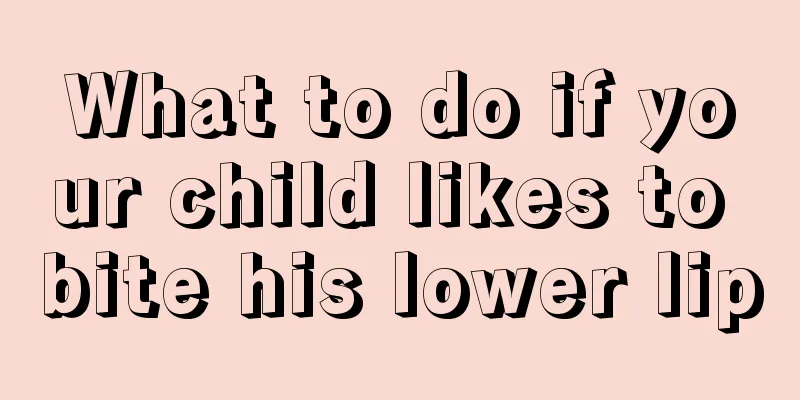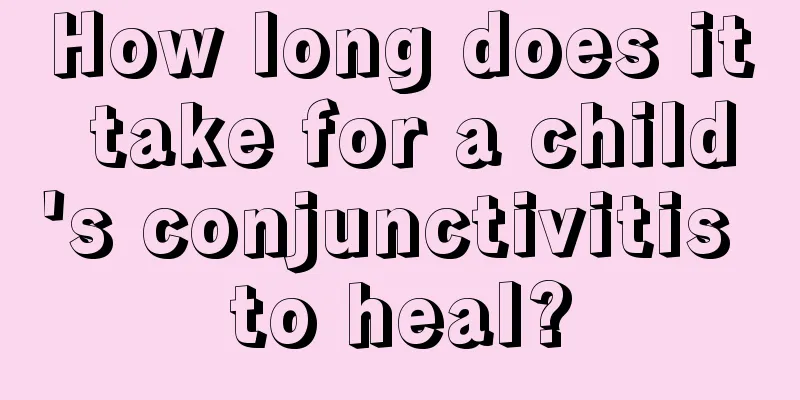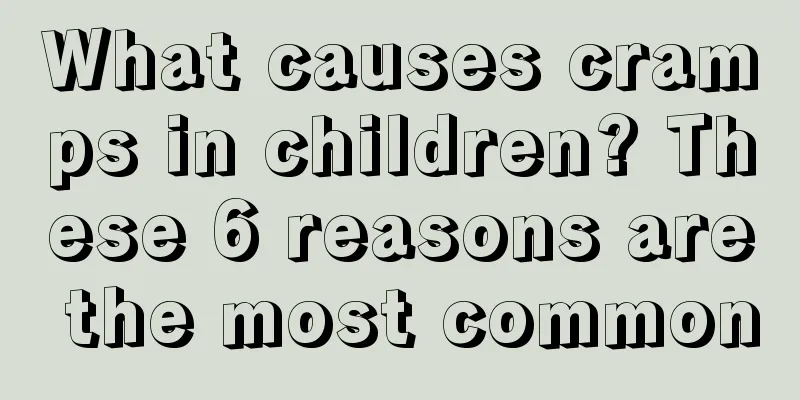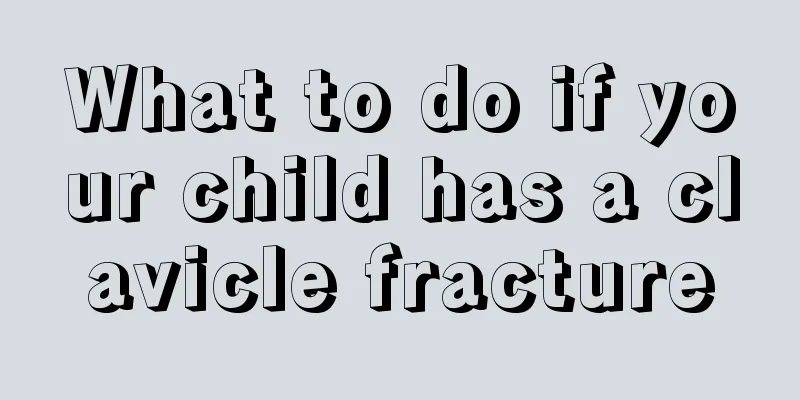What to do if your child likes to bite his lower lip

|
Every parent hopes that their children can maintain good living habits and high-quality personality in daily life. However, when children are young, there will always be some minor problems. For example, many children have the habit of biting their lower lips. Therefore, many parents are particularly worried that long-term development will cause their children to have buck teeth and other conditions. Such symptoms are also particularly unhygienic, so we must master the methods to alleviate them in time. Let’s learn what to do if children like to bite their lower lips. What to do if your child likes to bite his lower lip 1. The "intensity" of the things that distract his attention should be increased, that is, they should be very novel and he should like them very much, and the fun he gets from playing with them should be much greater than that from biting his lips. 2. Don't always pay attention to his behavior, don't be too nervous, and don't nag him. If you keep staring at his behavior, it may make him more insistent on this behavior in order to get your attention (children are very concerned about their parents' attention). 3. Let him hug a stuffed toy before going to bed, or tell him a story he likes. If he stops biting his lips, say "good" to him and kiss him as a reward. 4. Take him to the dentist and tell the doctor in advance that the doctor is here to correct his bad behavior of biting his lips. Ask him to cooperate and tell the child that biting his lips will cause his teeth to grow crooked in the future and he will not be able to chew food, so don't bite. Generally speaking, children are more afraid of doctors, and they will listen to what the doctor says, which is more powerful than what their parents say. 5. You can ignore the issue of lip biting for a month (of course you still have to pay attention to it secretly), relax, give him a richer life, and delay his sleep time (so that he will be more tired when sleeping). Maybe he will give up automatically and stop biting his lips. 6. Going on a short trip or staying with relatives or friends will completely change your lifestyle. Where you live, where you play, and even the bed you sleep in will be different. You will most likely change it when you come back. It is a long process for babies to grow teeth. It takes about one and a half to two years for all 20 deciduous teeth to grow out. Teething may cause fever, drooling, and random chewing... The increase in the number of teeth changes the baby's diet structure. Parents must face the baby's teething period well. Nutrition and food guidelines during teething As the number of teeth continues to increase, the baby's chewing ability develops significantly. Porridge is no longer suitable for babies. Nutrition and changing the properties of food are equally important. When the baby starts to grow teeth, parents can prepare some semi-solid food for the baby depending on the baby's development. When adding solid food, you should only try one new food each time and start with a small amount. After 3 to 4 days of consumption, gradually increase the amount and concentration. The order of adding is liquid → semi-liquid → semi-solid → solid. 0 teeth This is the period when the baby is about to grow teeth. When the baby is about 5 months old, he/she will secrete a lot of saliva, his/her gums will be itchy, and he/she will want to put everything in his/her mouth and chew it. This is because the baby's first deciduous tooth is about to grow out. The above is an introduction to what to do if your child likes to bite his lower lip. When such a problem occurs, parents must master the correct methods and approaches. They cannot control the baby forcibly, as this will have a certain impact on the baby's self-esteem and growth and development. Then, you must try to distract the baby's attention, which can effectively avoid it without causing harm to the baby. In addition, you must pay attention to the baby's oral and hand hygiene in daily life to avoid bringing bacteria into the mouth. |
<<: What should I do if my child has pain when urinating?
>>: What to do if children have bronchitis and asthma?
Recommend
Symptoms and causes of baby's fever and convulsions
Symptoms of fever and convulsions in babies are q...
What should I do if my child has rhinitis and cough? Medical experts tell you how
The most obvious symptom of rhinitis in infants a...
What to do if children do not absorb food
Mealtime is an important stage for absorbing nutr...
What is the standard for childhood obesity?
In modern society, there are more and more obese ...
Boy's brain grows in his neck
In our daily life, we would be surprised when we ...
My child is always distracted in class
If children want to achieve excellent results, th...
What to do when your child has a toothache?
Nowadays, many parents are more concerned about t...
Baby keeps waking up and can't sleep well
Every baby is loved and cared for by the elders i...
What causes children's swollen hands and feet?
Swelling of hands and feet is not only common in ...
Symptoms of pyloric stenosis in babies
Pyloric stenosis is a relatively common gastroint...
What causes children to have a high fever and vomit?
All parents should pay great attention to their c...
What should I do if my one-month-old baby has a cold and a stuffy nose?
When a baby is just born, he is still in the stag...
One year old baby's face turns yellow
The babies around one year old that we usually se...
How to treat and improve cough and runny nose in infants and young children
Coughing in infants and young children is a commo...
What are the causes of mild cerebral palsy in children?
For many parents, the biggest worry during pregna...









